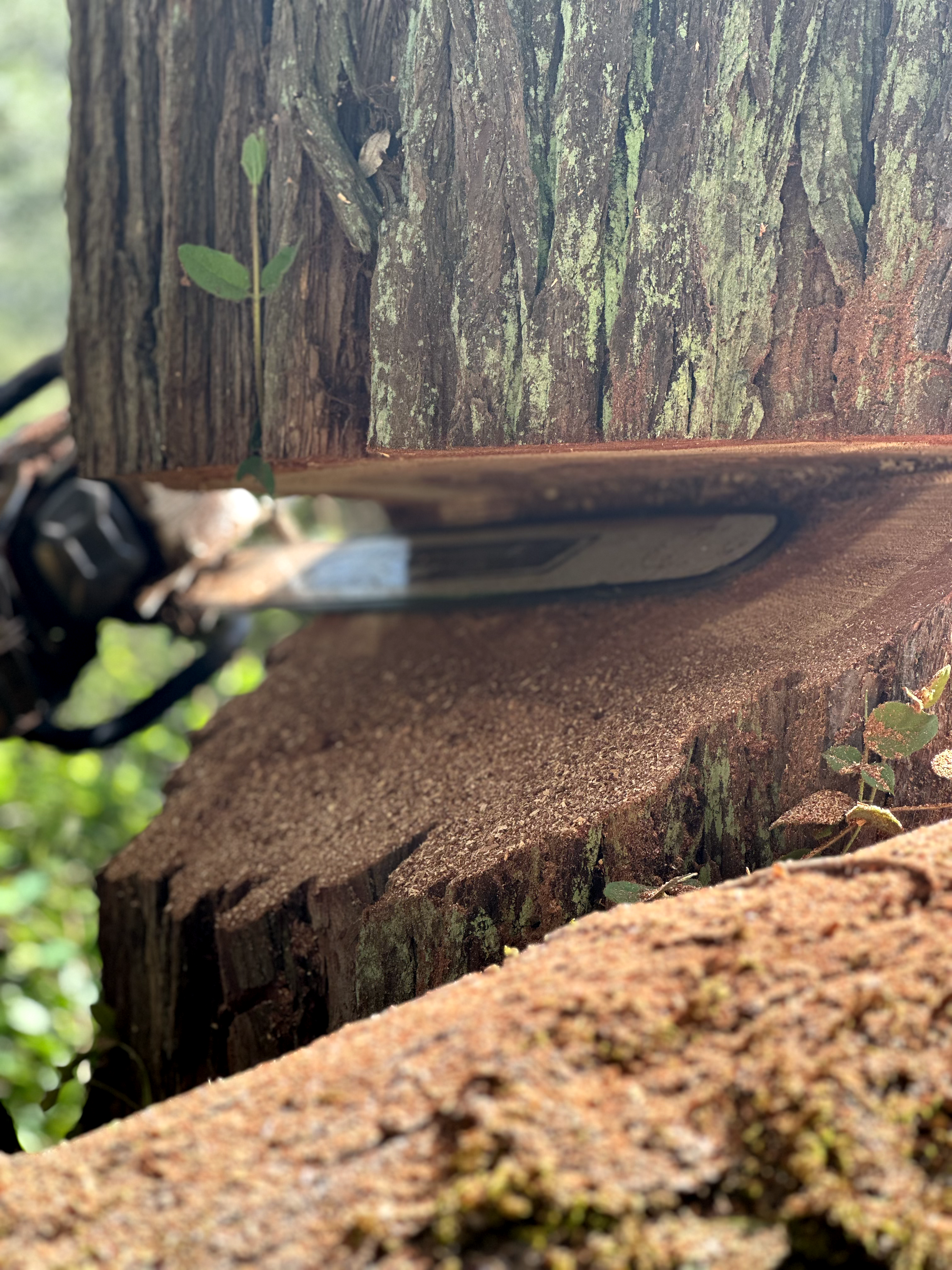
A Guide to Choosing the Right Tree Species for Your Garden Aug 07, 2025
Understanding the local climate is the first step in selecting the ideal tree species. Certain trees thrive in specific climates and soil conditions, so it’s important to identify trees adapted to your region's weather patterns. Native trees are often the best choice because they are accustomed to the local environment and require less maintenance, thus saving you time and resources. Research which tree species are native to your area and consult with local experts like Tyco Forest Management for tailored advice.
Another consideration is the purpose of your trees. Are you looking to add shade, enhance privacy, or perhaps boost the aesthetic appeal of your garden? Different species offer distinct benefits. For instance, maple and oak trees are excellent choices if shade is your priority because of their wide canopy. For privacy, consider fast-growing evergreens like arborvitae or cypress which form dense screens. Meanwhile, flowering trees such as magnolia or cherry can inject vibrant colors and fragrances into your garden during blooming season.
Size matters when selecting tree species, as the growth rate and mature size will impact your garden's layout. Fast-growing species can quickly fill space and provide immediate benefits like shade. However, they may require more maintenance and can eventually outgrow their designated area if not carefully chosen. Slower-growing trees demand patience but are often sturdier and easier to manage in the long run. Consider your space's dimensions and constraints, and envision the mature size of the tree to avoid future overcrowding.
Soil type is another critical factor. Trees have specific needs when it comes to soil pH and nutrients. Conduct a soil test to determine its characteristics and choose tree species compatible with those conditions. With knowledge of your soil’s texture and acidity, you can better select trees that will thrive. Some species require richer, loamier soils, while others are more tolerant of sandy or clay-heavy ground.
Maintenance and care are also important considerations. Factor in how much time you can dedicate to your garden. Low-maintenance trees are ideal for those with less gardening experience or limited time. Native species often require less attention, as do drought-resistant varieties like olive or juniper trees. It's also wise to select disease-resistant species to minimize the chance of tree-related issues that can be costly and labor-intensive to manage.
Finally, think about the ecological impact. Planting trees that support local wildlife can transform your garden into a thriving ecosystem. Choose species that provide food and habitat for birds, pollinators, and beneficial insects. By fostering biodiversity, you contribute positively to the environmental health of your community.
Conclusively, selecting the right tree species for your garden involves careful consideration of climate, purpose, size, soil type, maintenance, and ecological impact. With Tyco Forest Management’s expert insights, you can make informed choices that will bring long-term beauty and function to your landscape. By planting wisely, you also ensure a sustainable and rewarding gardening experience. Whether starting a new project or enhancing an existing garden, the right trees will enrich your outdoor environment for years to come.
/filters:no_upscale()/filters:format(webp)/media/a533872a-ad0e-40aa-a36f-a6a597cbd997.jpeg)